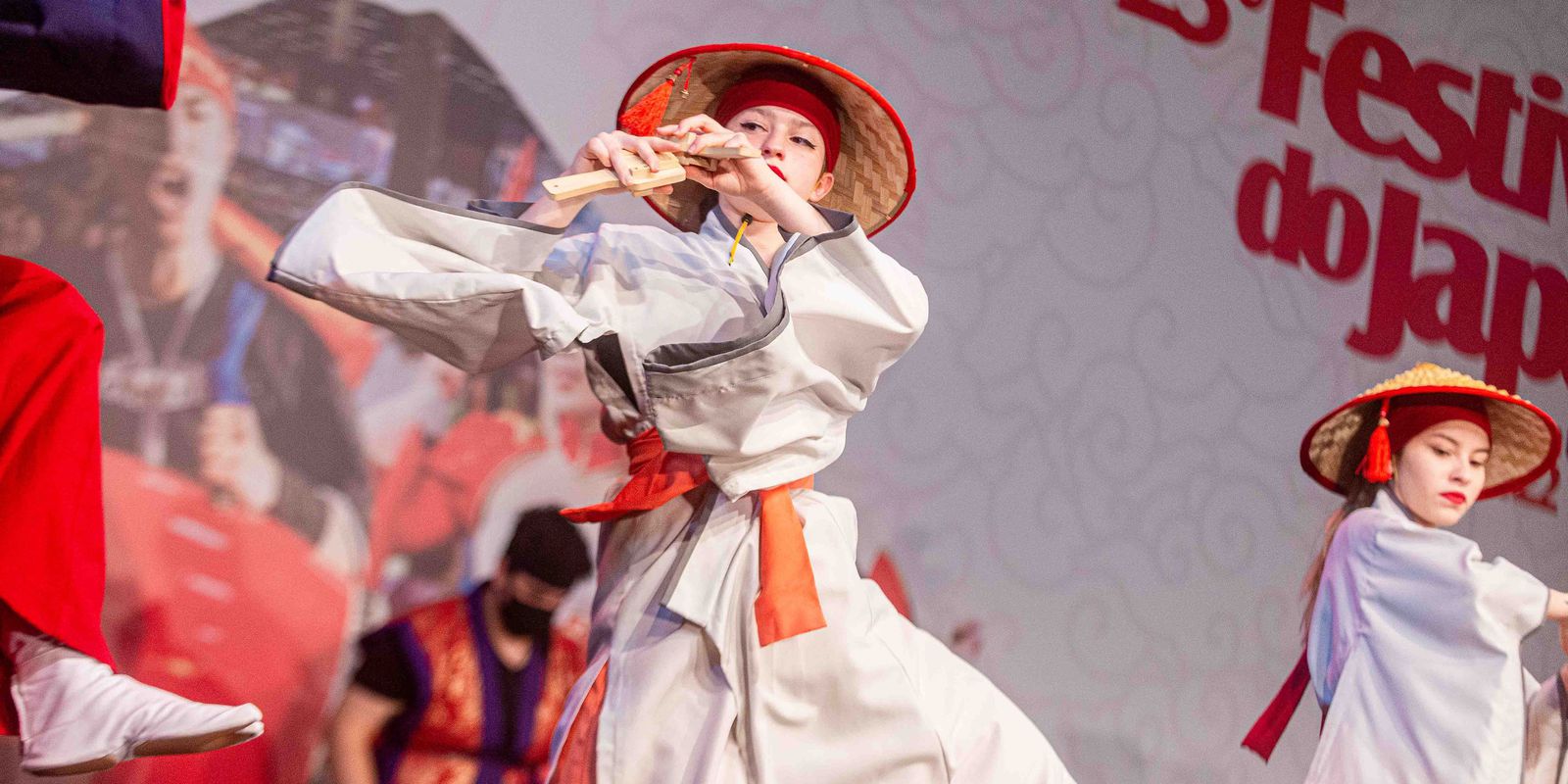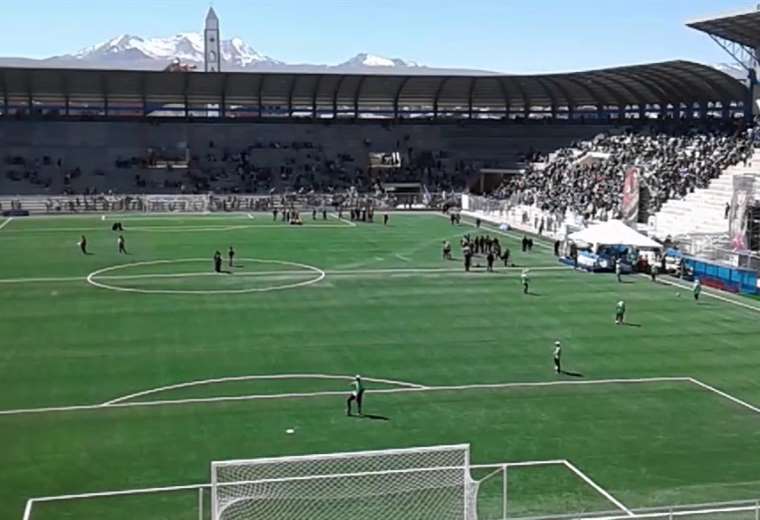Ikebanas, bonsai, board games, typical dances, martial arts, pop culture and hundreds of attractions mark the 23rd Japan Festival, which ends this Sunday (17th), in the capital of São Paulo.
The event, which started last Friday (15), at São Paulo Expo, also offers musical shows, cultural attractions, traditional regional cuisine from the Japanese provinces, cultural exhibitions, workshops, tea ceremony and free activities for children, young , adults and seniors.
Along the corridors, visitors still find several cosplayer [pessoa que se fantasia de um personagem] of the famous animes [desenho animado] Japanese, who participate in the Akiba Cosplay Summit, bringing together the best cosplayers from the country.
Organized by KENREN – the Federation of Associations of Provinces of Japan in Brazil – since 1998, the event aims to preserve and disseminate Japanese culture and transmit traditions to new generations, representing the 47 provinces that make up Japan. This year the theme of the festival is “From Dream to Reality”, to symbolize the overcoming of all difficulties and obstacles in these two years of the covid-19 pandemic.
Longevity
One of the most sought after areas at the Japan Festival is the Best Age Area, which offers various activities to promote the health of the elderly, such as physical and mental gymnastics, board games, massages and guidelines for the health of those who are in the elderly. .
“We are practically the only Japanese culture festival that has a dedicated space for the elderly. Care is a value of Japanese culture, that’s why we offer this service free of charge for seniors who visit the Japan Festival. We have stands with information, entertainment such as board games, which is typical of the East, among other activities to welcome the elderly who visit us”, explained the space coordinator and pastor of the Evangelical Holiness Church, Willian Maki Suzuki.
He highlighted that Japanese longevity is a tripod and an example that Brazilians can follow. “It is a conjunction of bodily health, psychological health and spiritual health. like a tripod that stands upright, when two feet stand, they fall. We try to value these three values and that’s why we’re here, we know there’s still some risk of Covid, but if we only took into account physical health, we wouldn’t be here, but we try to take into account too emotional health, this social interaction, and spiritual health.”
children’s area
Children also have a space dedicated to them, with recreational activities typical of Japan such as the Hashi Championship, where participants have to put the beans in the pot with the chopsticks, typical Japanese cutlery, better known as Japanese food chopsticks.
“The championship covers all ages, and then comes the whole family, the grandmother, the father, the mother, the children and that is why it is well sought after because everyone participates together. The intention is to put the beans in the pot with the chopsticks, whoever puts the most in three minutes wins and wins a prize”, explained Ises Ota, the coordinator of Instituto Ives Ota, an NGO that contributes to community work in the East Zone of São Paulo. and works on the theme of peace among children.
Gastronomy
The Japan Festival helps to maintain the 47 provincial associations (kenjinkais) and seven charitable entities of the Japanese-Brazilian community. The event is not-for-profit and is organized by more than 15,000 volunteers.
One of the main highlights of the Festival is the Gastronomy Square, with 44 stands representing the typical cuisine of each region of Japan, with family recipes.
#FJTAON space
The area is dedicated to young people, to games – with interaction and interactivity – proposing an immersion in Japanese culture and digital culture with the aim of establishing a direct interaction between #FJTAON and AKIBASPACE, main attractions of the Japan Festival for the public young. In addition, the space promotes interactive challenges and various activities related to the theme of sustainability, attracting the public to reflect on issues such as the environment, recycling, social purpose, upcycling and mobility.










